Using donor eggs
Types of donors
Known donor
If the recipient already has a relationship with the donor, this is called a known donation. Having someone you know undergo IVF procedures to provide the eggs offers several benefits, including understanding the genetic origin of the eggs and reduced wait times.
When a known donor is over 35 years of age, the recipient is advised of the increased risk of medical issues, including miscarriage and chromosomal abnormalities. If the recipient chooses to use an egg from a donor in these circumstances, this will be at the clinician's discretion.
Clinic-recruited donor
When a donor decides to provide eggs to an individual or a couple not known to them, this is known as a clinic-recruited egg donation. In this situation, the recipient has never met the donor, and the donor has the choice to remain unknown to the recipient. However, a donor must agree to release identifying information (name, date of birth, address) to a child conceived as a result of her donation once the child turns 16 or through the Reproductive Technology Council (RTC).
Finding and choosing clinic-recruited donor eggs
To help couples and individuals find their ideal donor, Fertility Specialists of Western Australia offers clinic-recruited, national and international donors through Genesis International and The World Egg and Sperm Bank (TWESB).
To learn more about Genesis International, click here.
To Learn more about The World Egg and Sperm Bank, click here.
Who requires donor eggs?
You may require donor eggs due to factors such as:
- Premature menopause
- Unable to use eggs due to genetic causes
- Repeatedly unsuccessful using an IVF program
- Born without ovaries
- Undertaken treatment for cancer
- Donated eggs can also be used in surrogacy for gender and sexually diverse people
What is required to become an egg recipient?
Other things to consider
Time to make your appointment
If you have any questions or if you would like to make an appointment contact us today!

